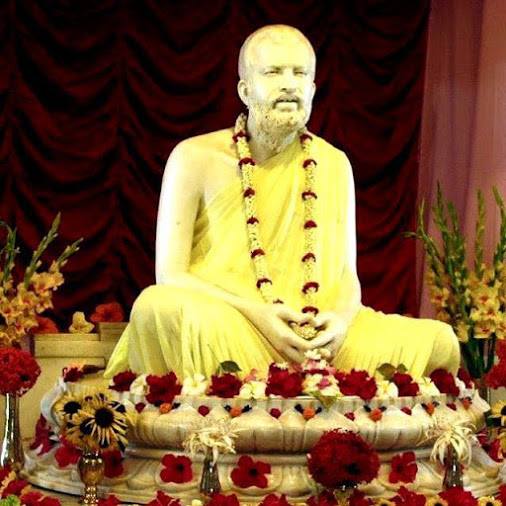National Language and the Example of Modern India - Sri Aurobindo
25/06/2019
Sri Aurobindo witnessed first-hand the situation in India under strict British control, as well as participated in the period of awakening of the Indian people to the need to throw off the British yoke and regain their independence. He saw the effect of British control over the language of commerce and governance, as well as the imposition of British customs, rules and systems over the people and cultural history of India. He was thus in a unique position to evaluate the role of language in the development of the natural innate spirit and expression of a nation of people. India had at the time a number of states with various languages. In most part of India, English became the language used for management of the society and the economy, while the native languages obviously continued within the daily lives of the populace. Yet in the state of Bengal, the preeminence of the Bengali language was something unique at the time.
Sri Aurobindo observes: “Nothing has stood more in the way of the rapid progress in India, nothing has more successfully prevented her self-finding and development under modern conditions than the long overshadowing of the Indian tongues as cultural instruments by the English language. It is significant that the one sub-nation in India which from the first refused to undergo this yoke, devoted itself to the development of its language, made that for long its principal preoccupation, gave to it its most original minds and most living energies, getting through everything else perfunctorily, neglecting commerce, doing politics as an intellectual and oratorical pastime, — that it is Bengal which first recovered its soul, spiritualised itself, forced the whole world to hear of its great spiritual personalities, gave it the first modern Indian poet and Indian scientist of world-wide fame and achievement, restored the moribund art of India to life and power, first made her count again in the culture of the world, first, as a reward in the outer life, arrived at a vital political consciousness and a living political movement not imitative and derivative in its spirit and its central ideal. (Now, or course, everything has changed and these remarks are no longer applicable to the actual state of things in India.) For so much does language count in the life of a nation; for so much does it count to the advantage of humanity at large that its group-souls should preserve and develop and use with a vigorous group-individuality their natural instrument of expression.”
***





Comments
Post a Comment